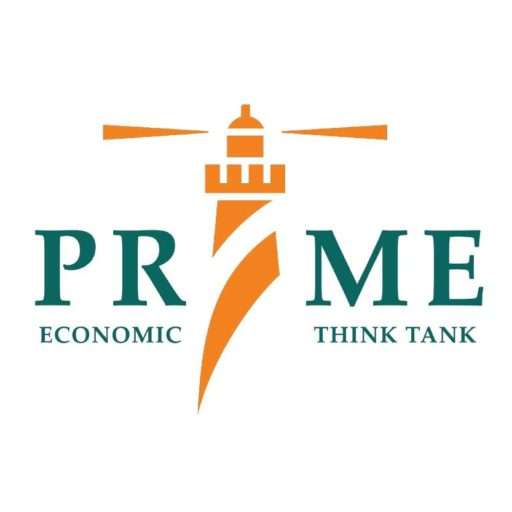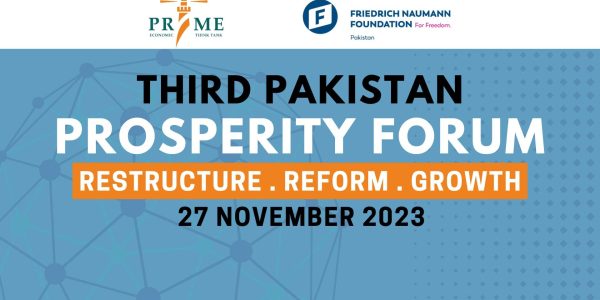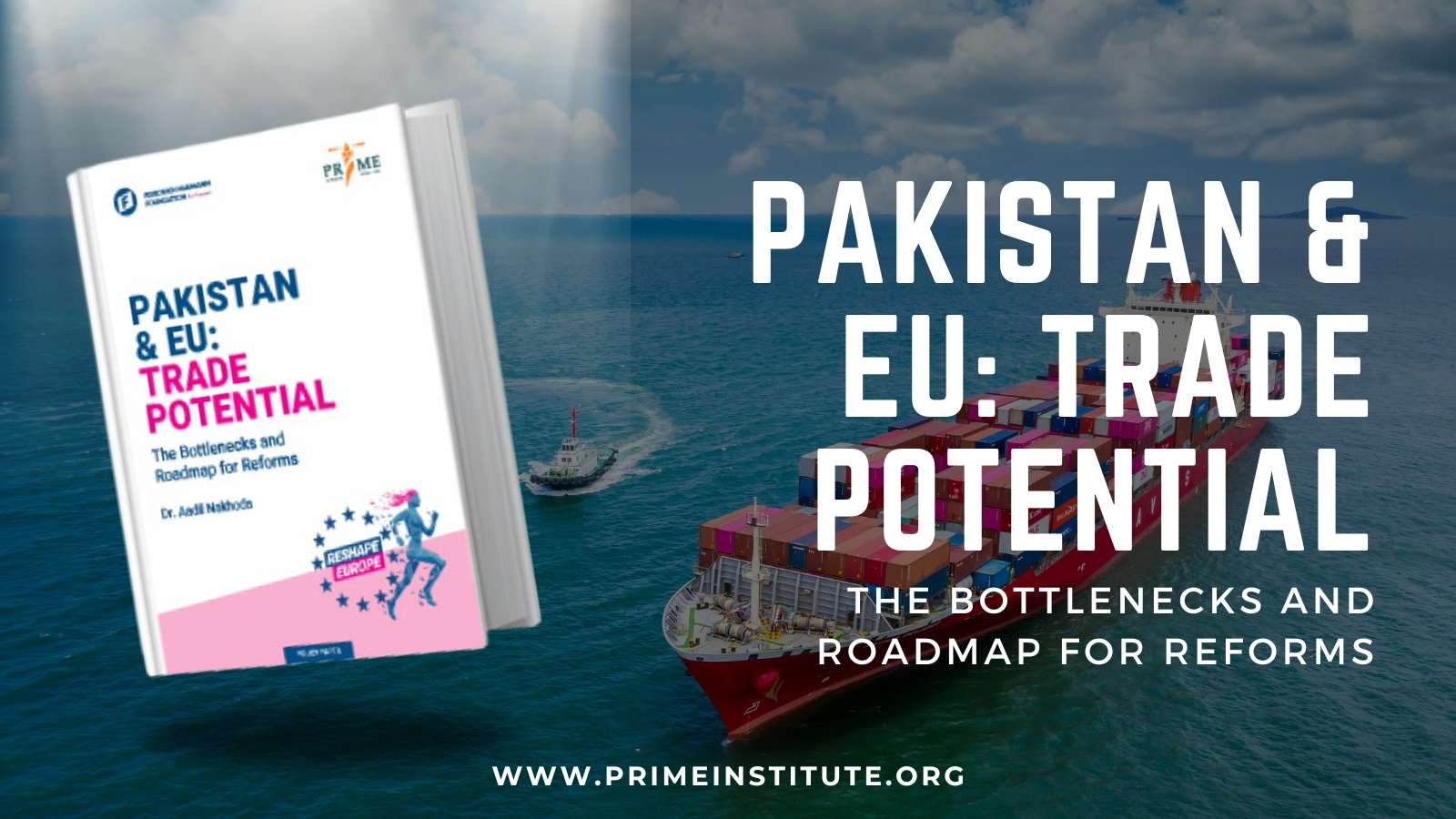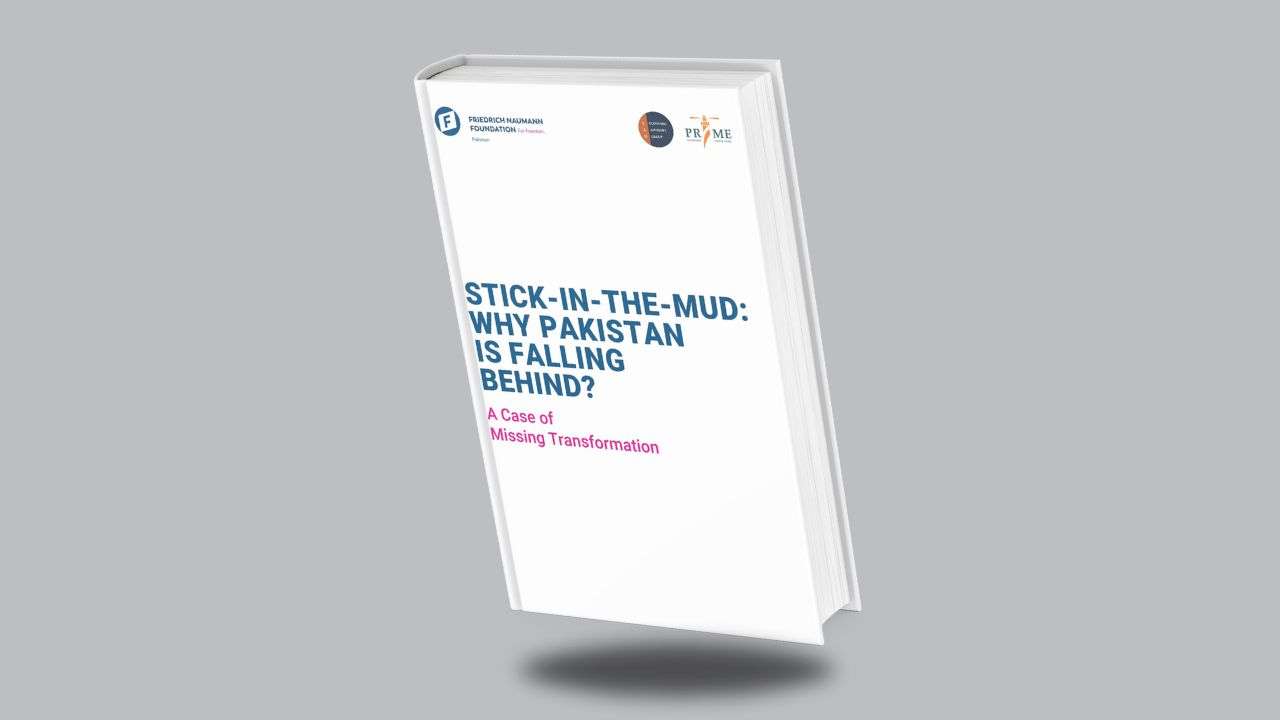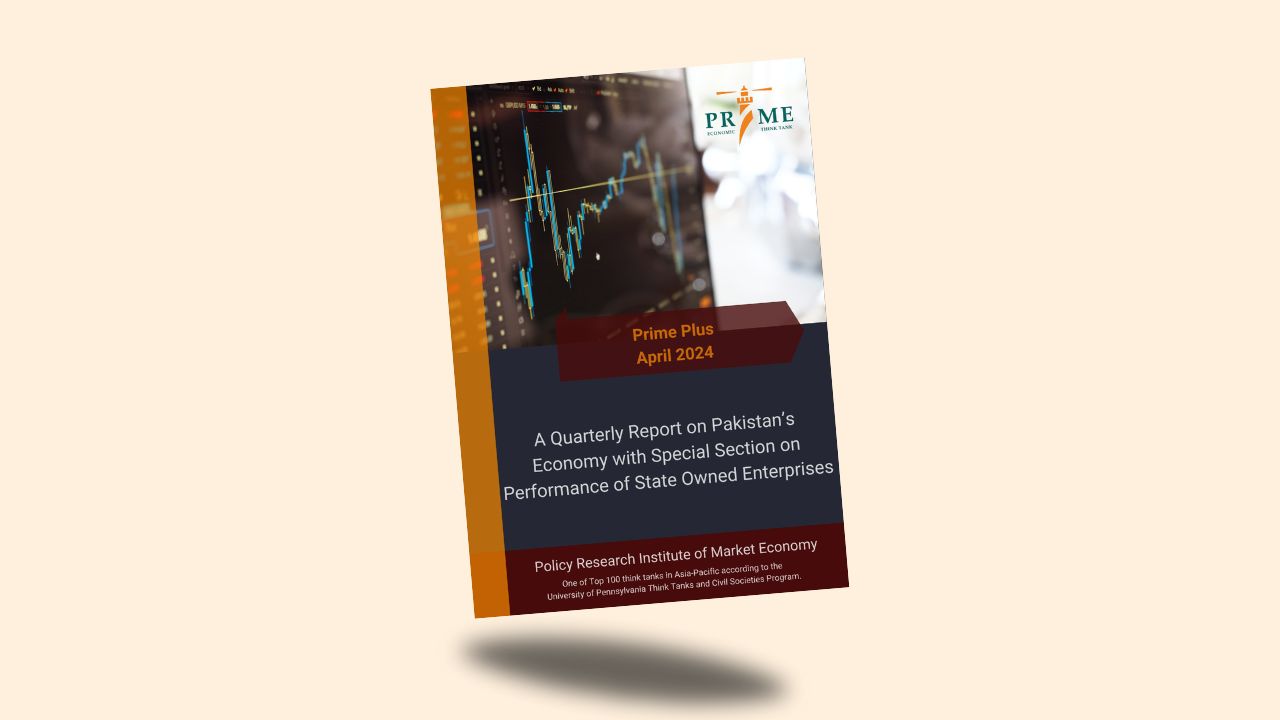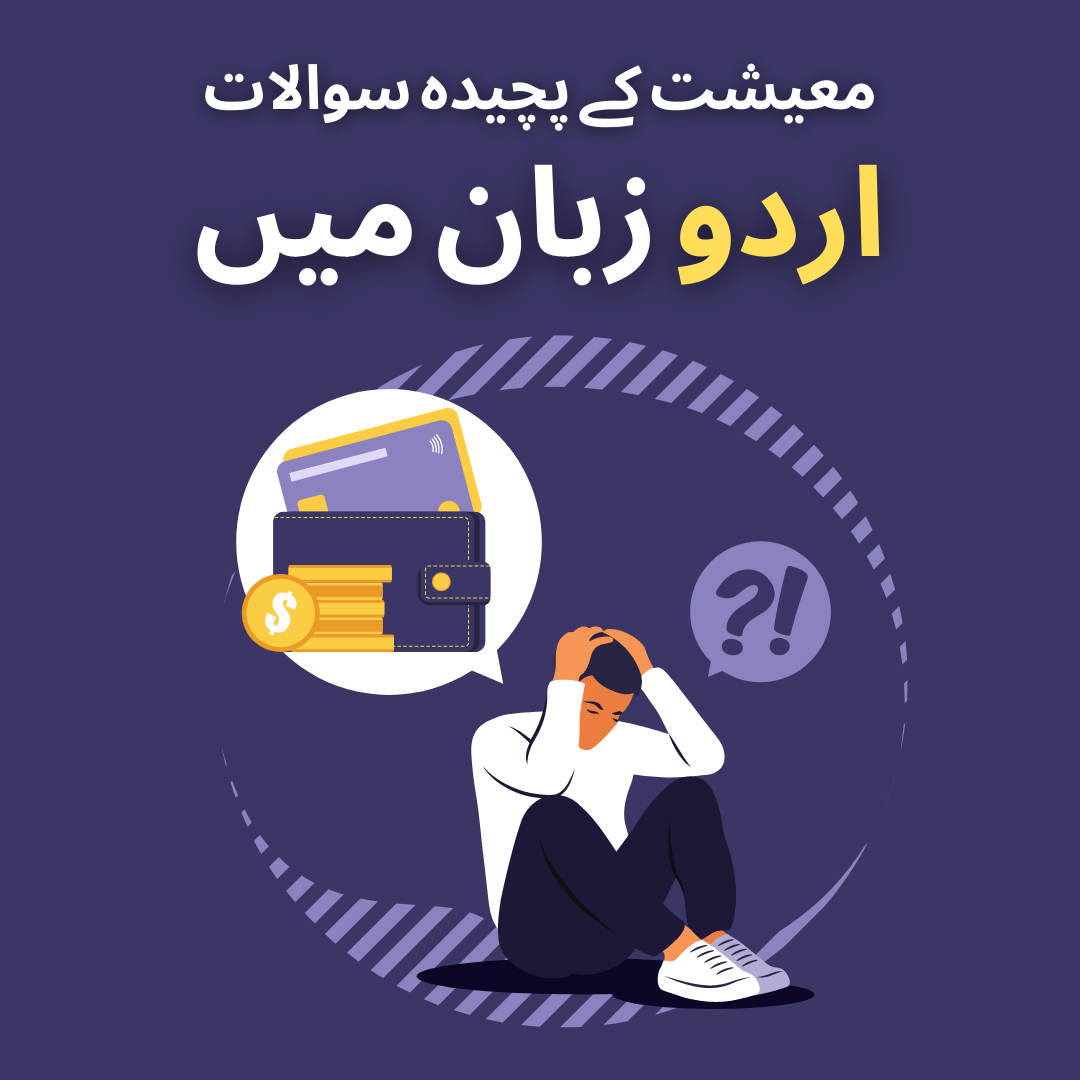Picture Gallery - Pakistan Prosperity Forum 2023
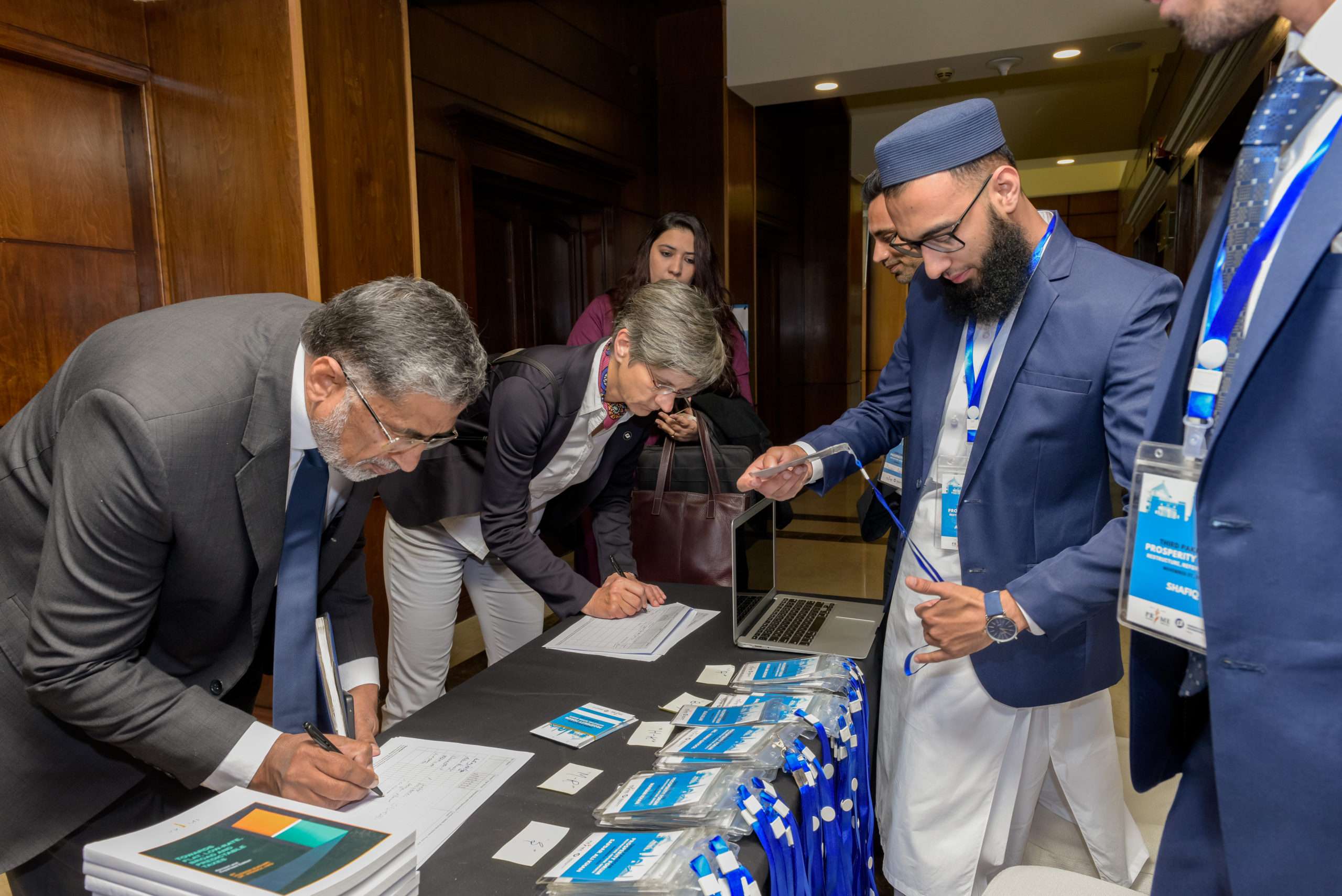
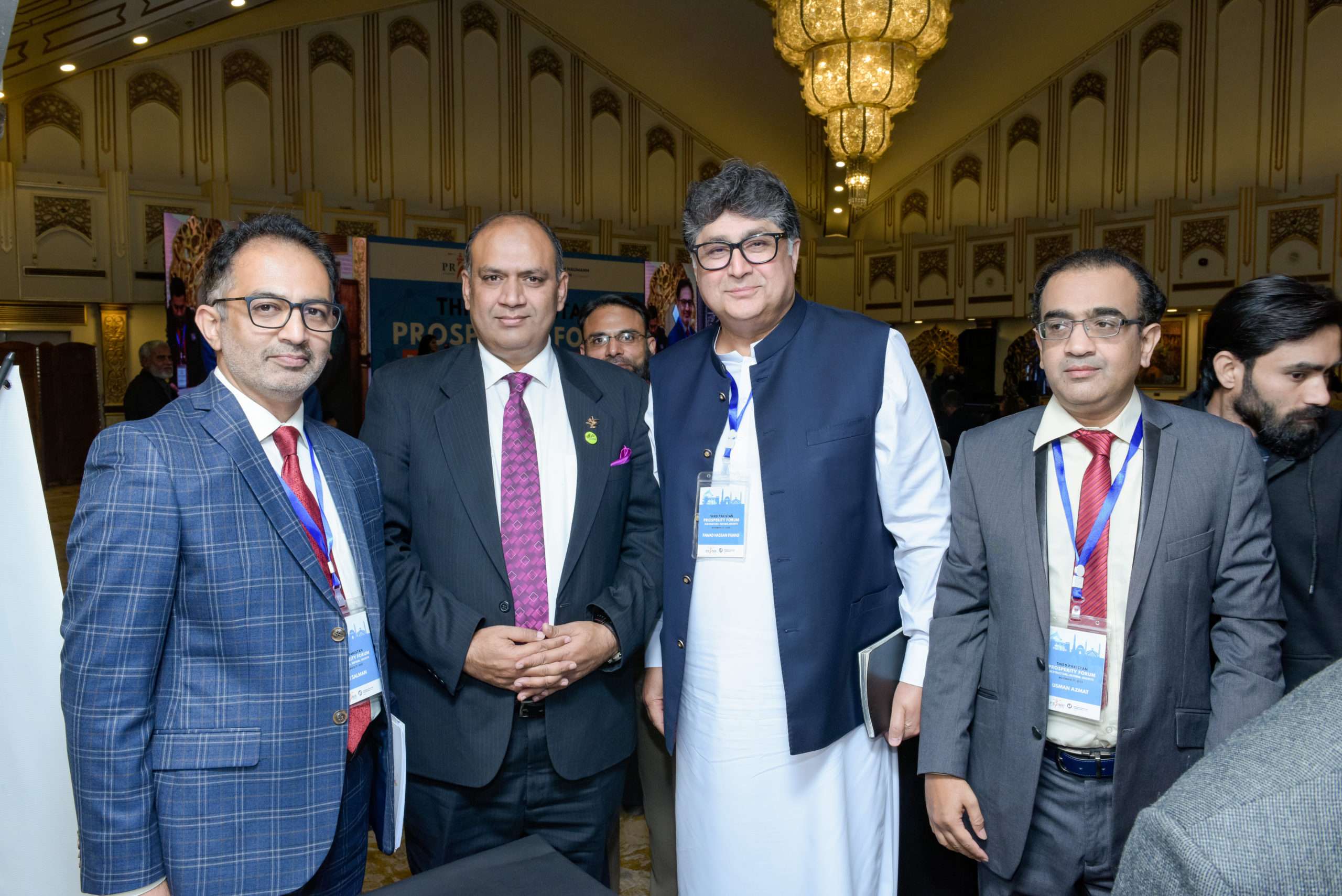
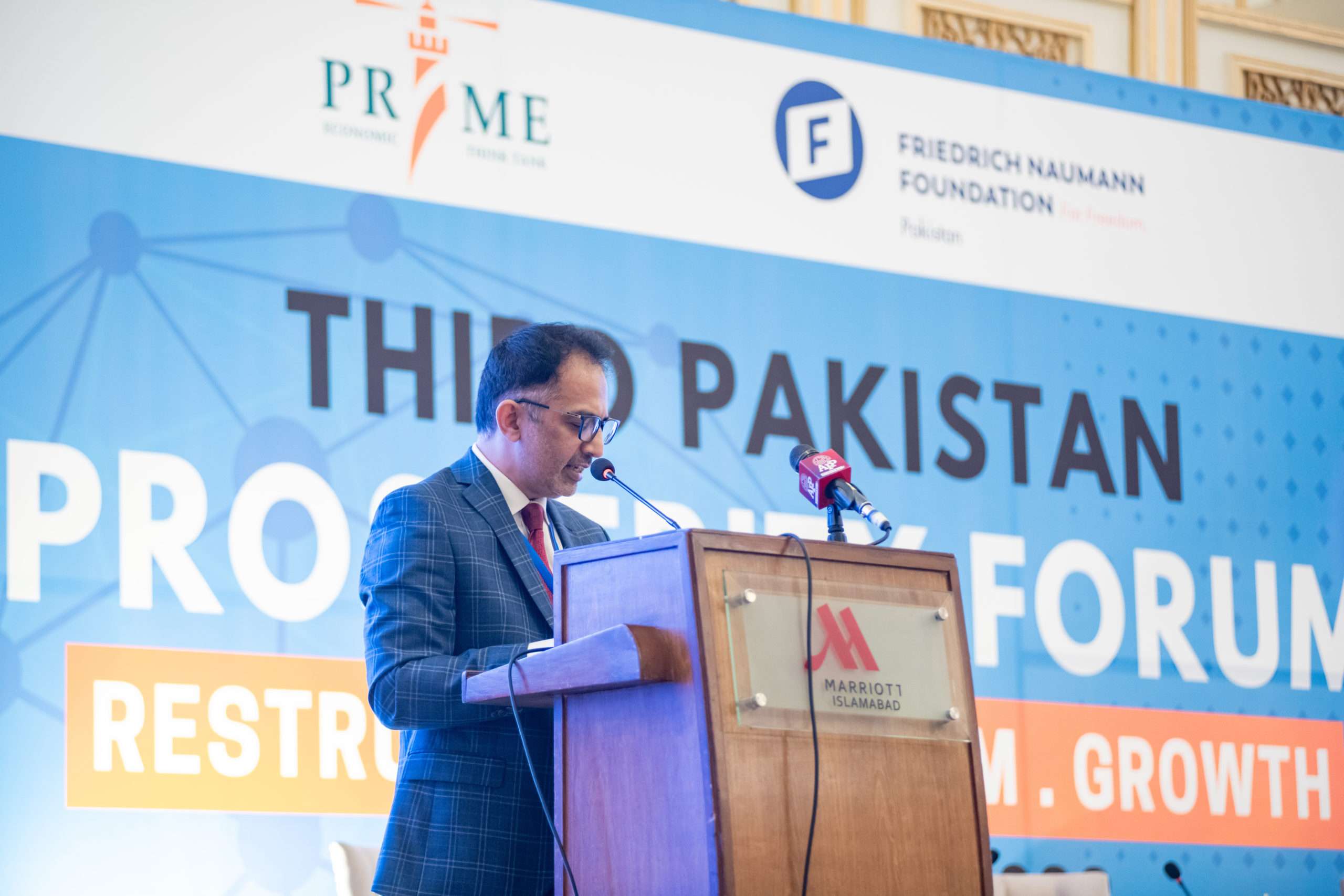
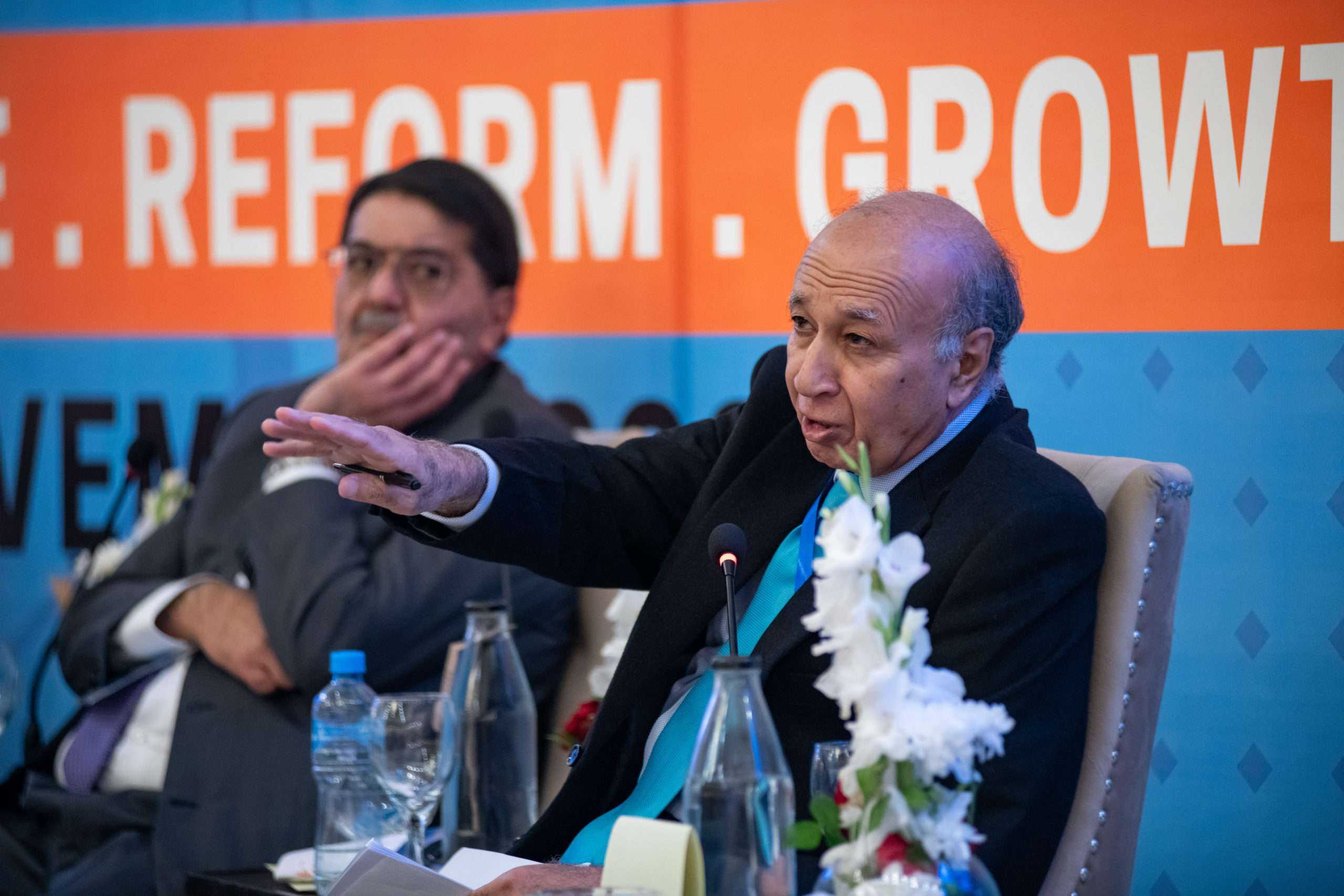
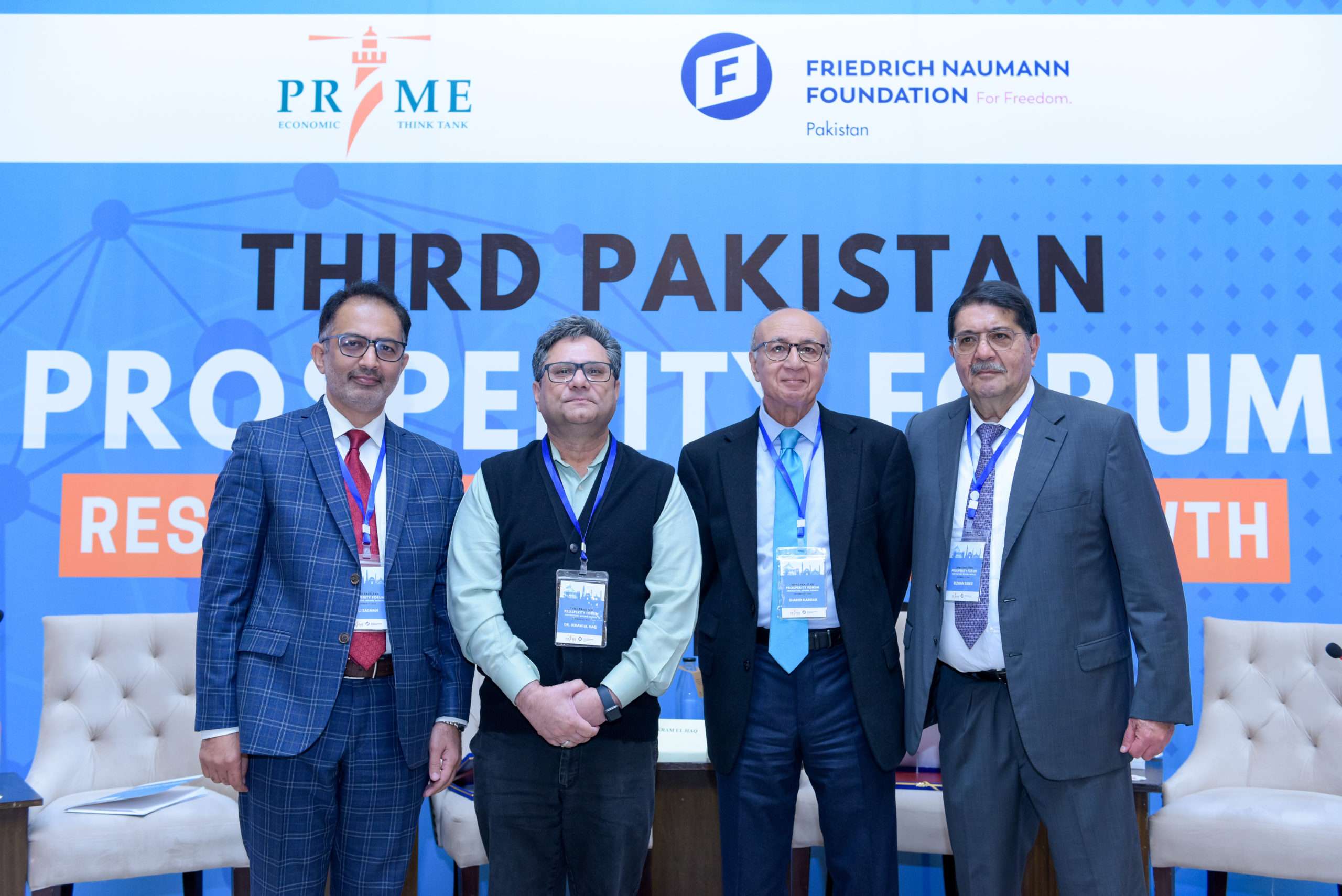
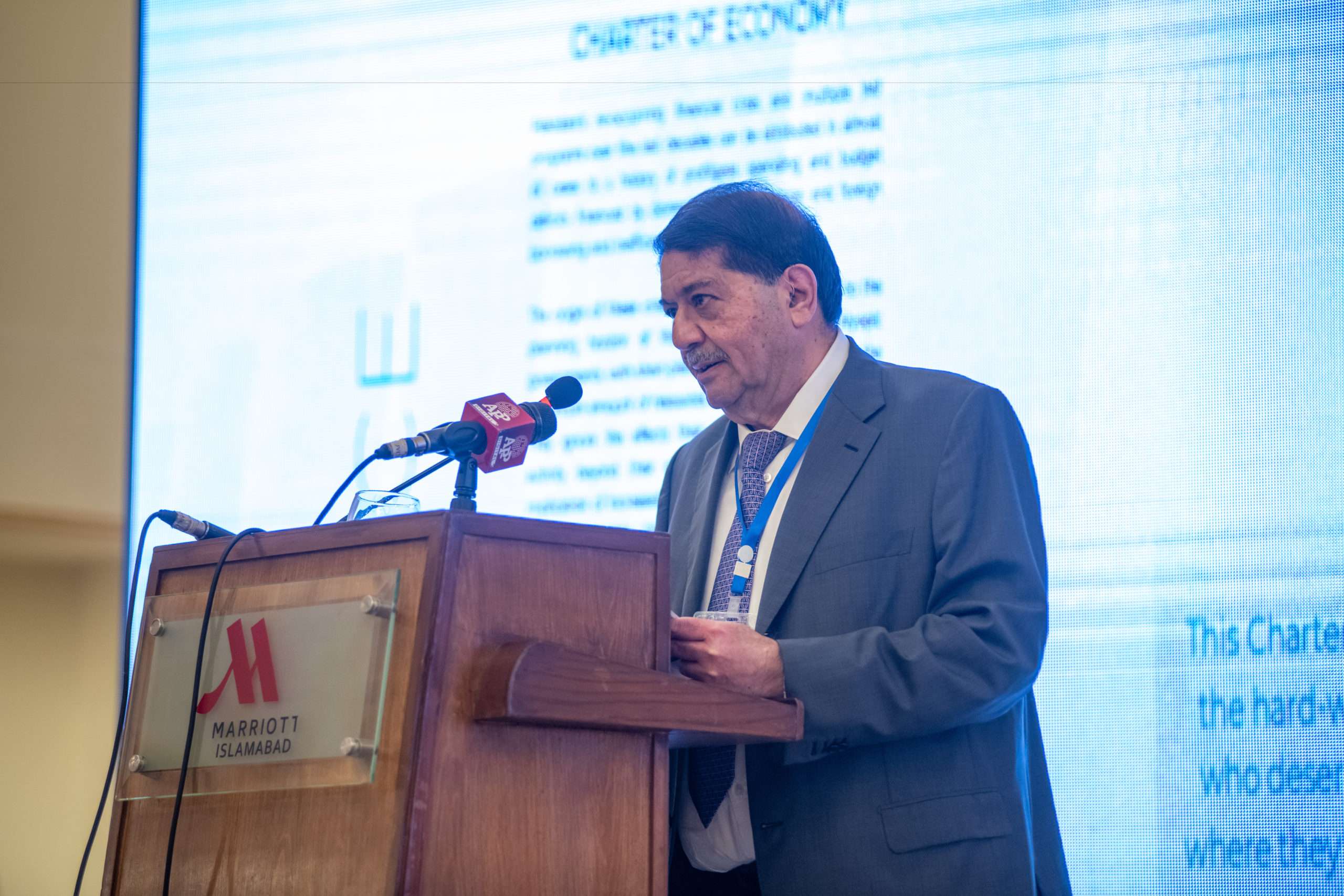
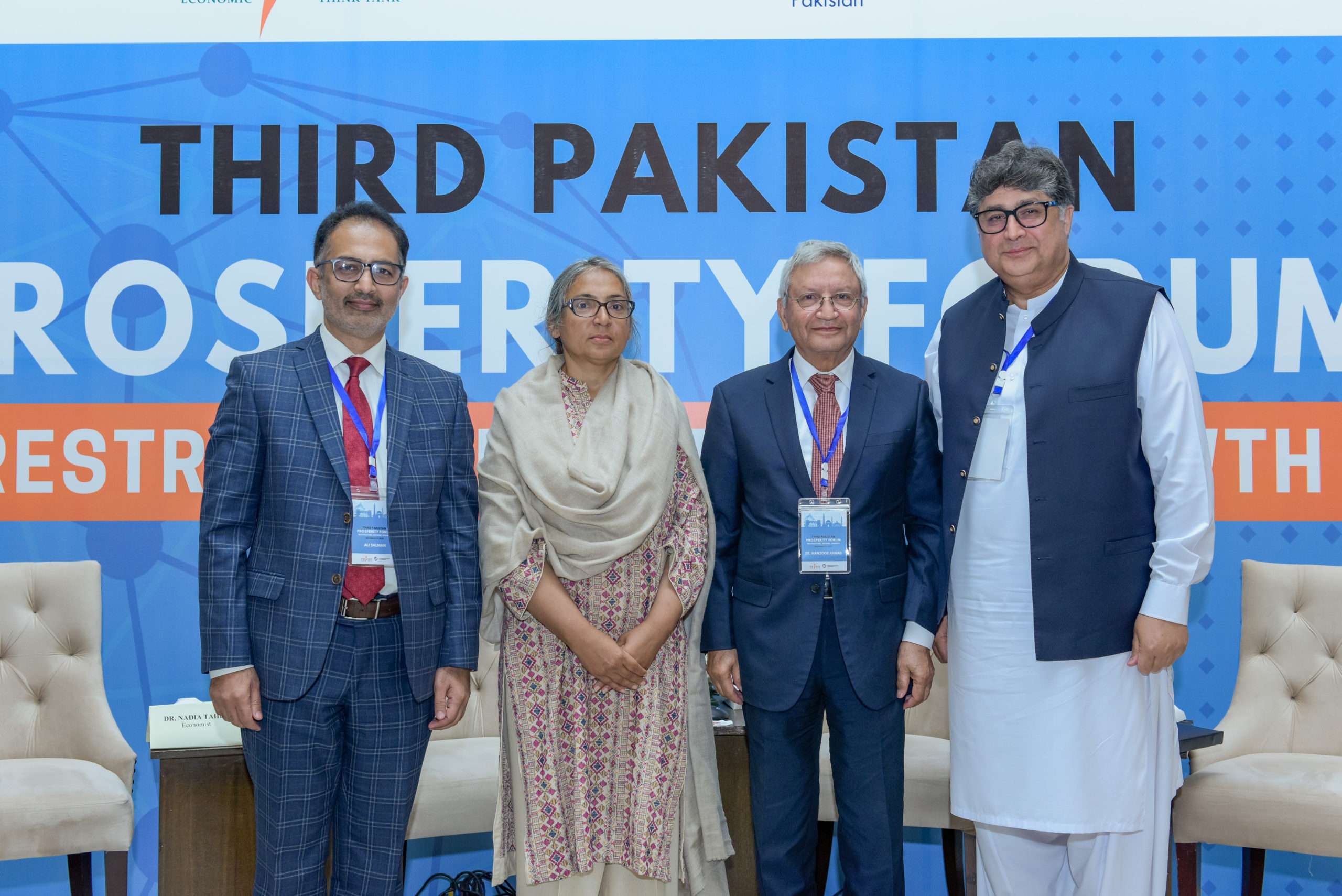
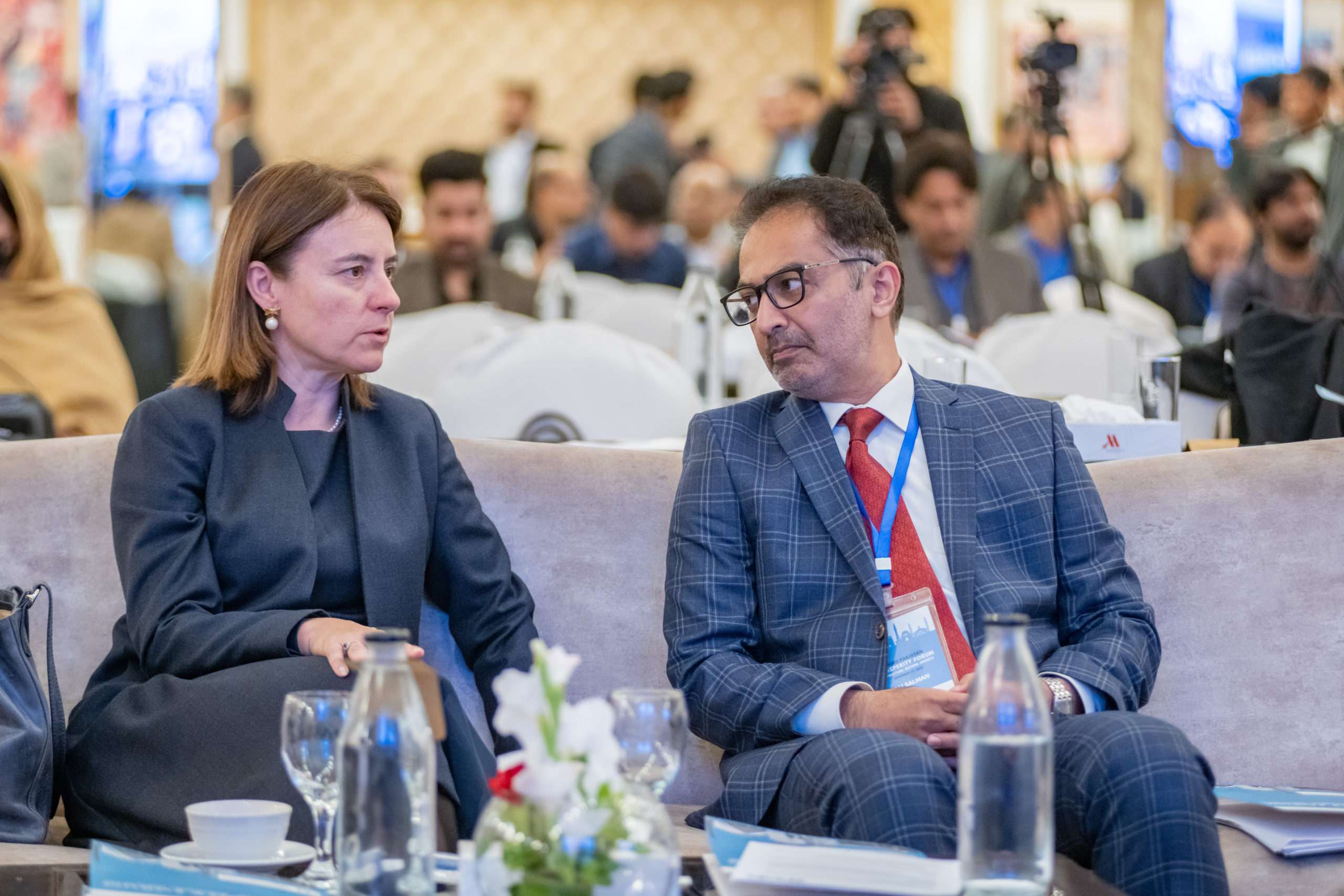
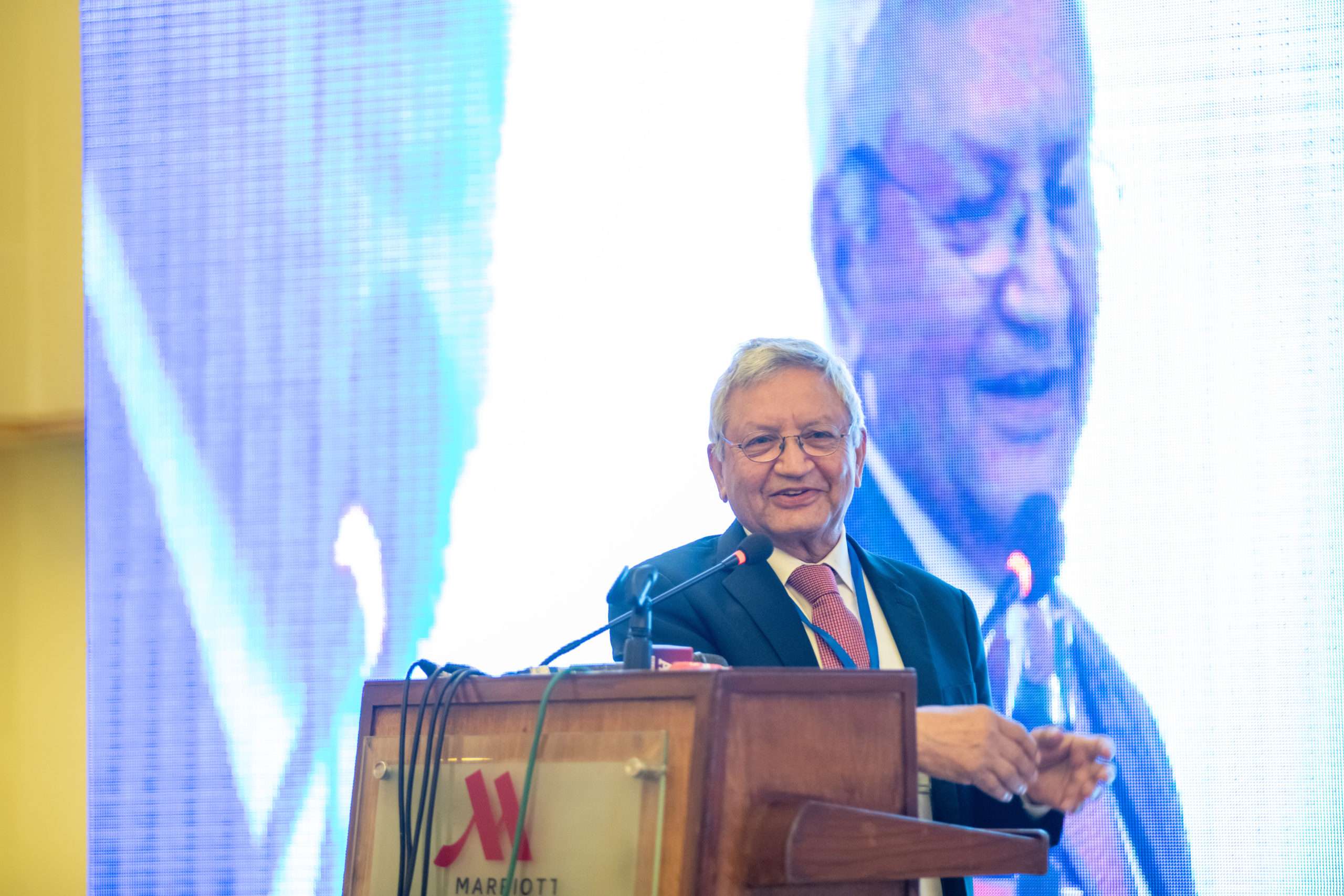
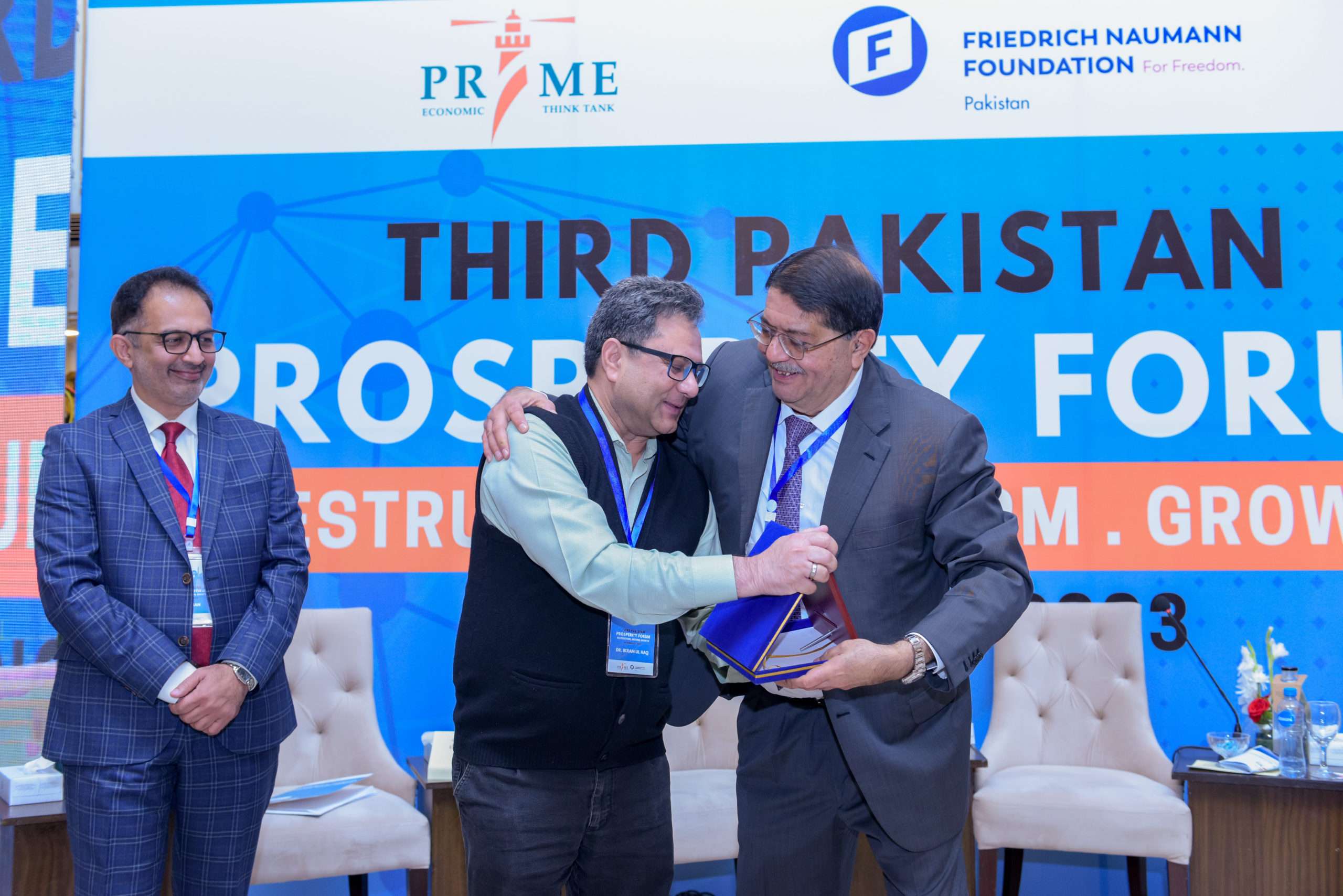
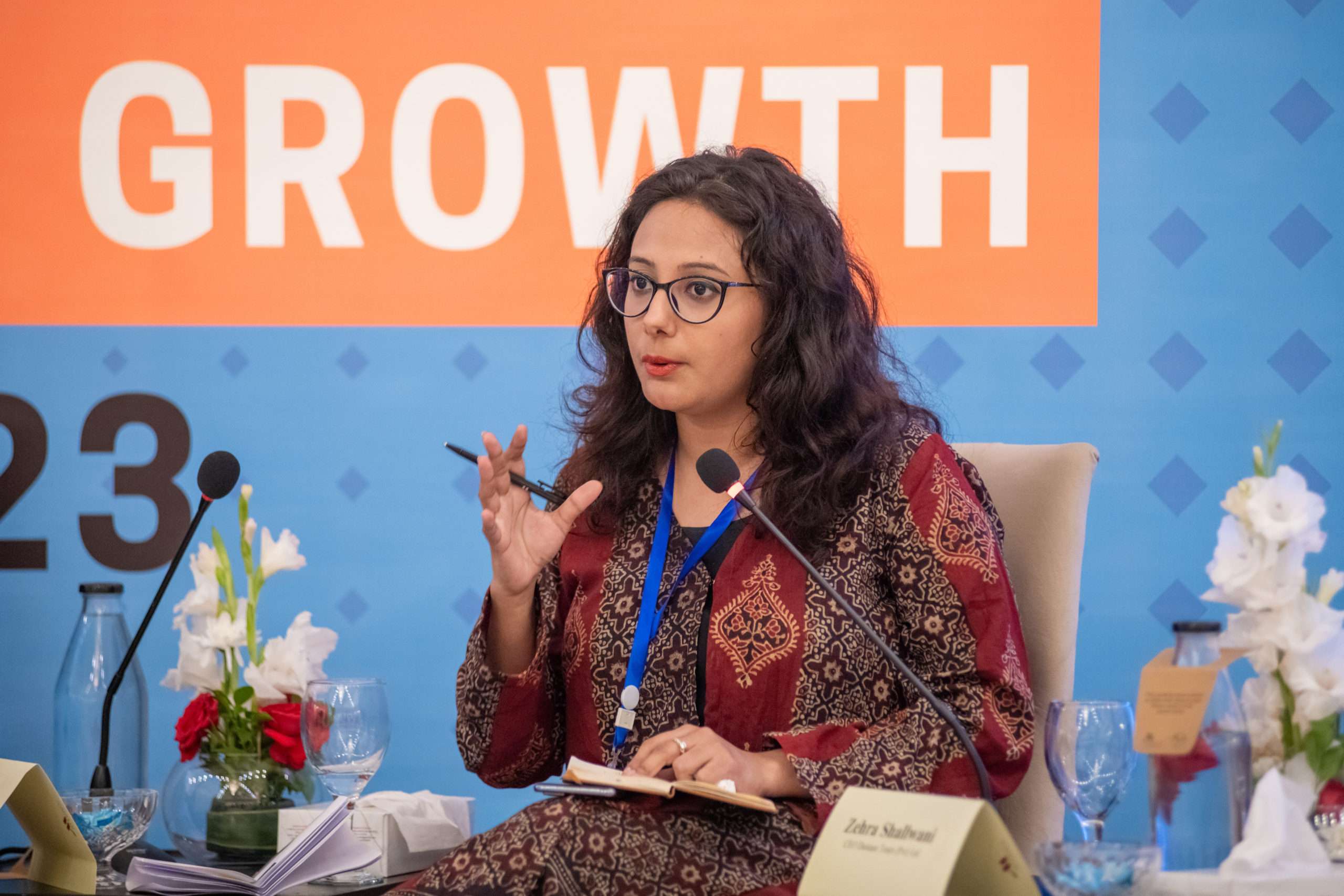
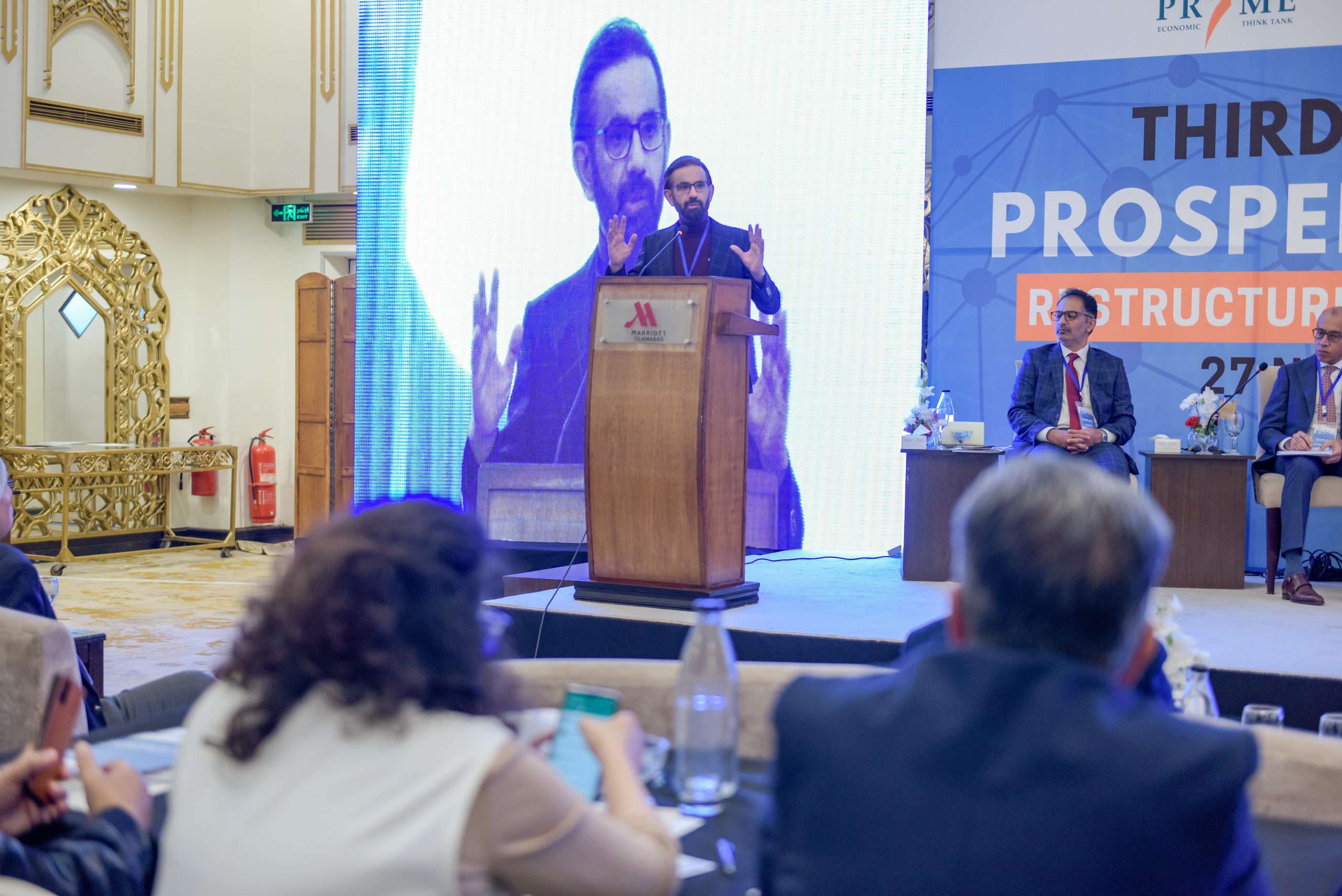
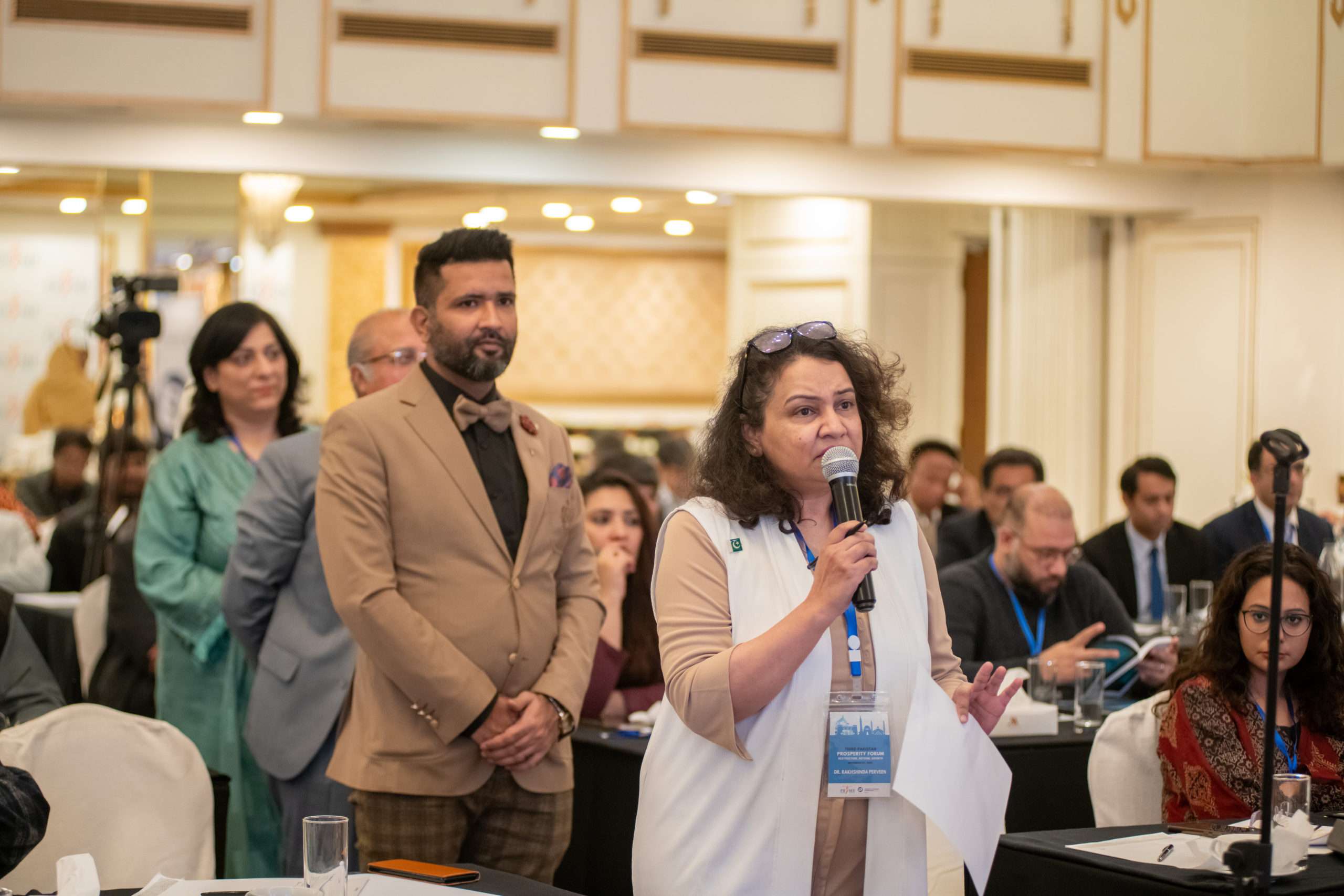
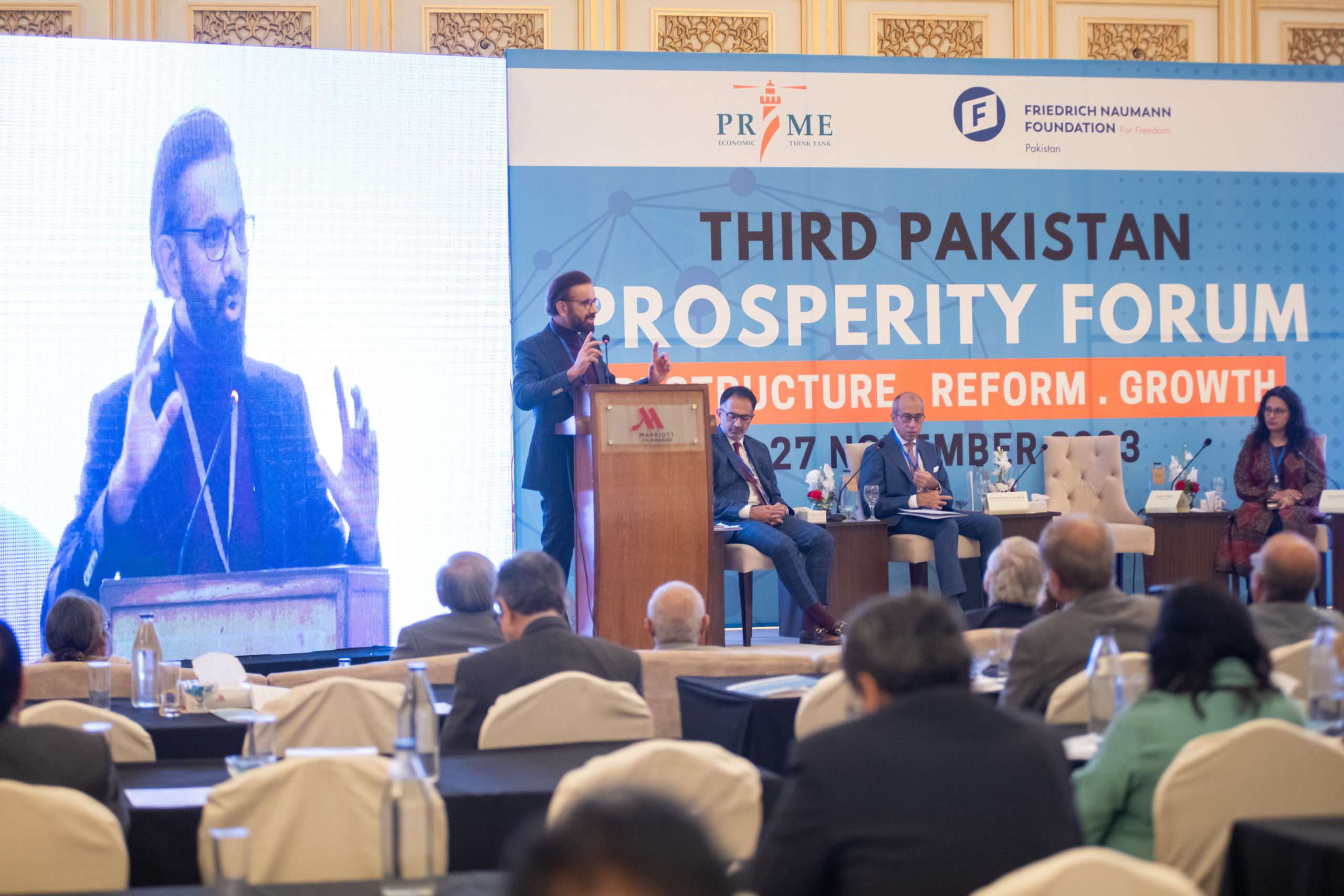
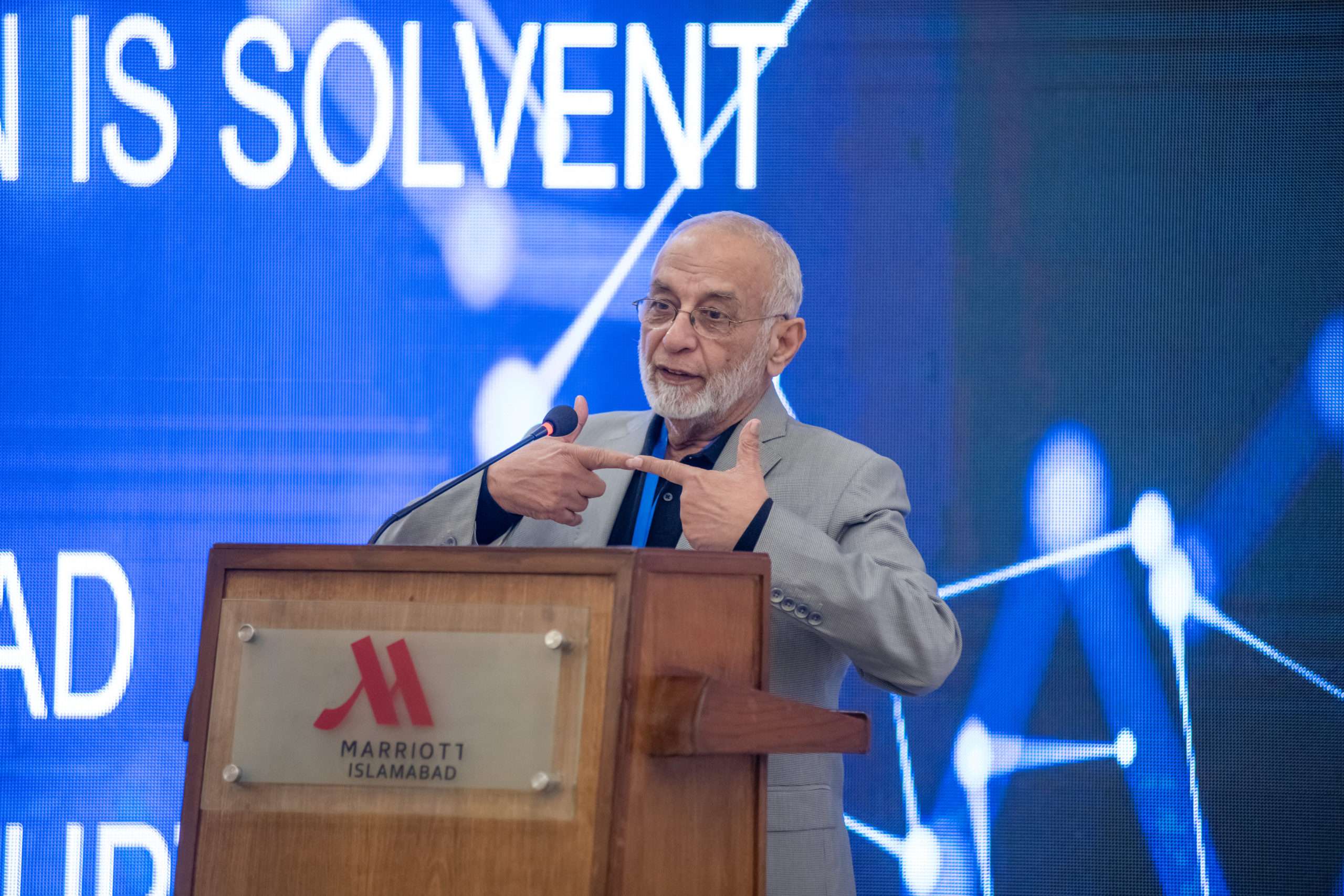
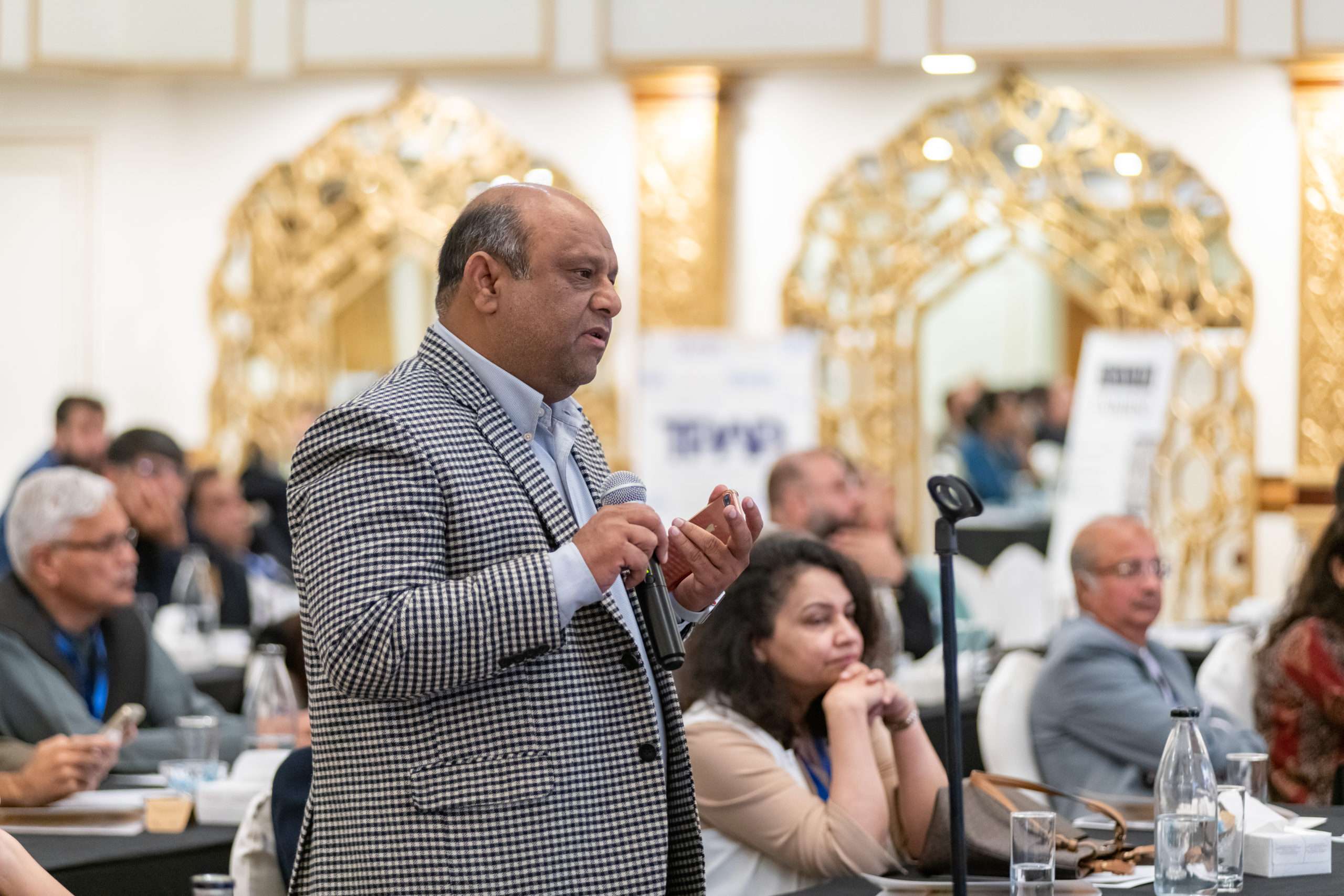
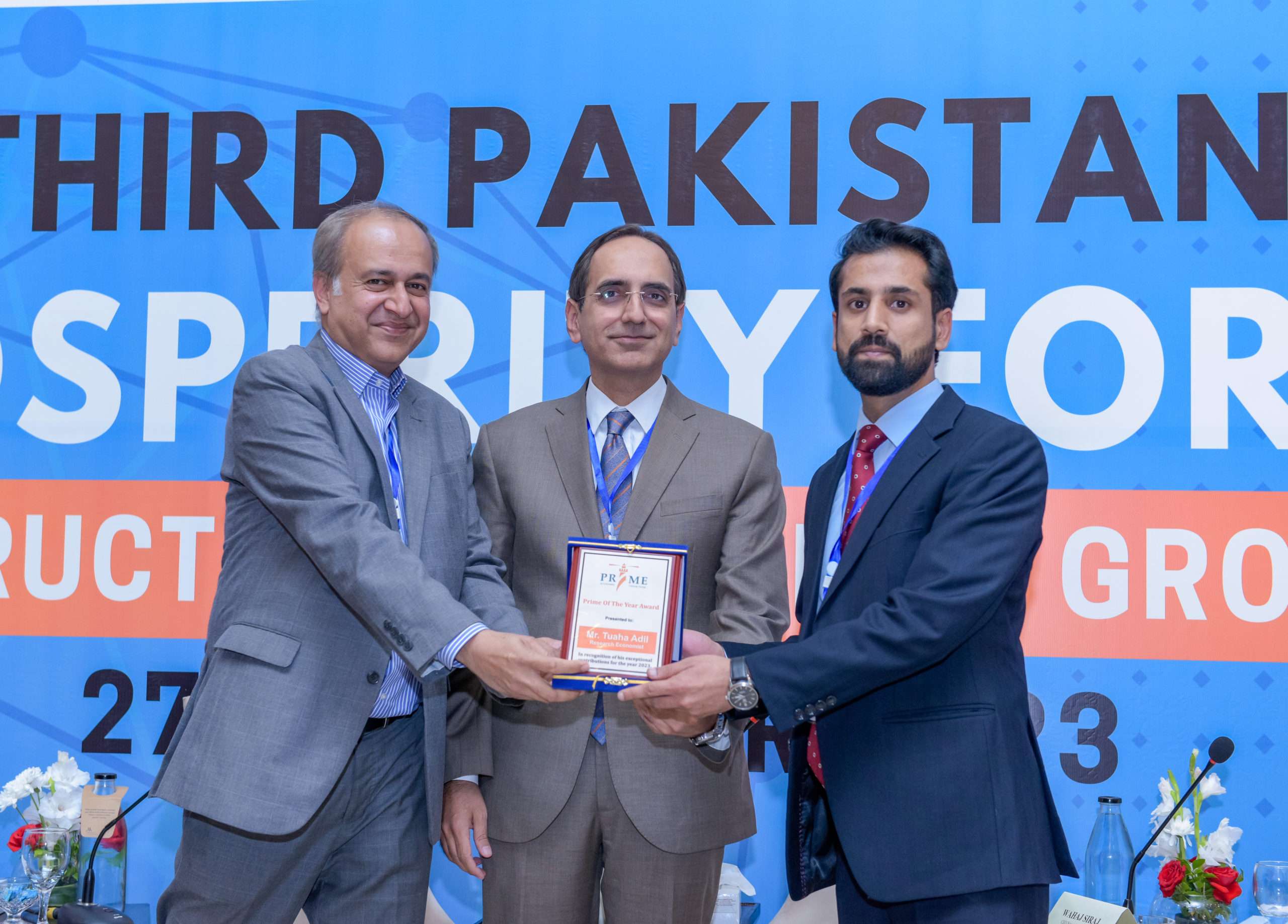
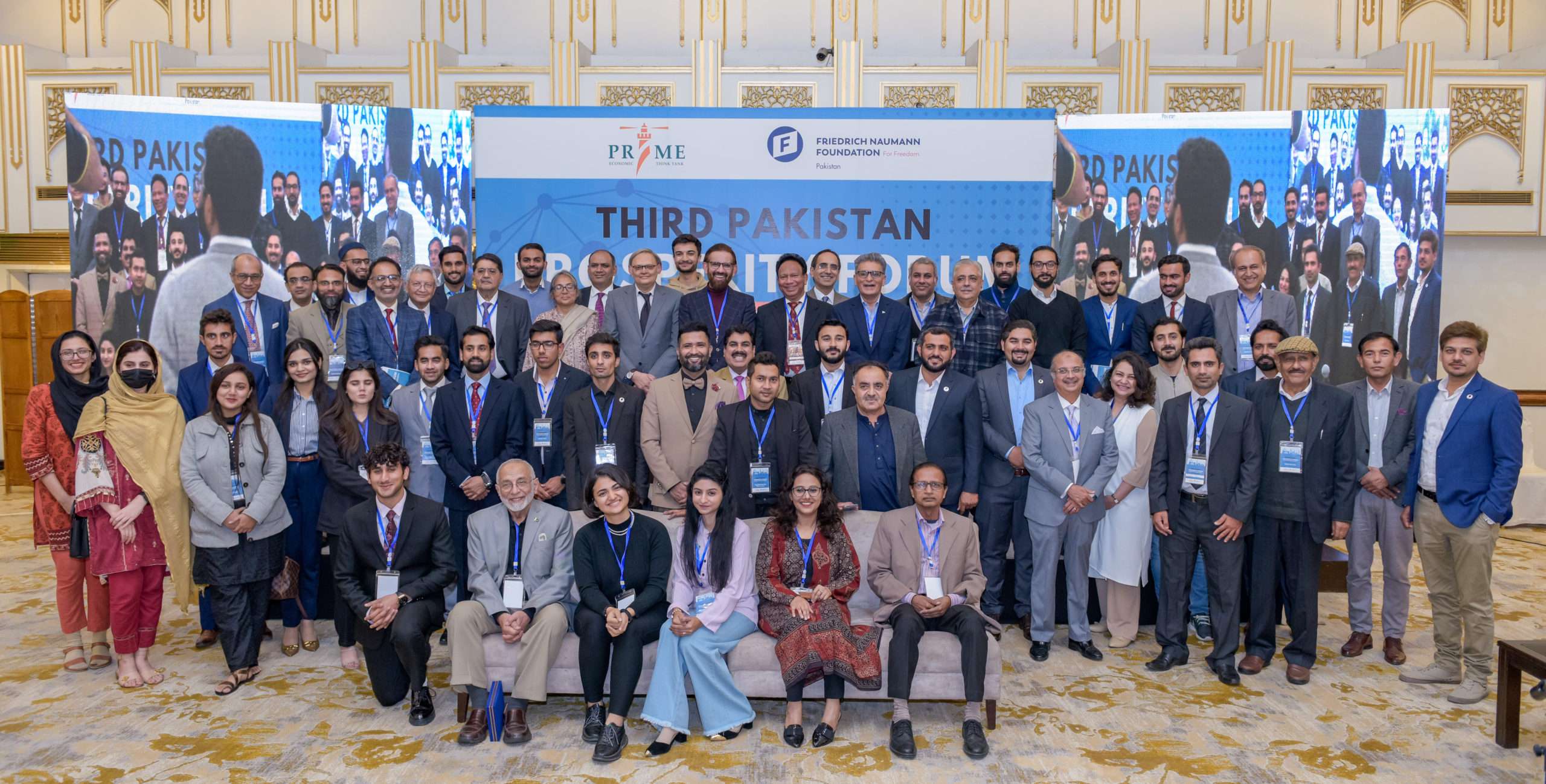
Pakistan Economic Freedom Audit:
Sound Money as a Case Study
This study presents an economic freedom audit of Pakistan, focusing on sound money as a case study. The success of free market capitalism is contingent upon protecting individual property rights. The Fraser Institute’s Annual Report on Economic Freedom of the World assesses countries based on their economic freedom index, which comprises five areas, including sound money. This economic freedom audit report aims to evaluate Pakistan’s monetary stability and analyze the macroeconomic policies that have shaped its current state. Furthermore, the report critically evaluates the methodology of the sound money sub-index to determine its efficacy in measuring economic freedom… Read More
Prime Institute was established in January 2013 in Islamabad as an independent economic think tank and a research house by economist Ali Salman. It has five broad functions: conduct independent and rigorous analysis, provide timely policy appraisals, organize dialogues, educate public and train young economists. With 100 plus reports published and 150 plus events organised since 2013, Prime Institute is regularly invited for deliberations in policy fora, public events and media. It is included in the top 100 think tanks in the Asia Pacfic by the University of Pennsylvania Think Tanks and Civil Societies program.
پرائم انسٹیٹیوٹ ایک نجی تحقیقی اِدارہ (تھنک ٹینک) ہے جو 2013ء سے پاکستان میں آزادانہ مسابقت اور معاشی بہتری کیلئے خیالات اور پالیسیوں کی ترویج کر رہا ہے۔
PAKISTAN & EU: TRADE POTENTIAL
The Bottlenecks and Roadmap for Reforms
Trade plays a vital role in driving economic growth, but Pakistan’s trade performance has been volatile, with stagnant export growth and a rising trade deficit. The Generalized Scheme of Preferences (GSP) Plus is offered to a select group of exporters to the European Union (EU) based on a set of pre-defined criteria and the fulfilment of various conventions regarding human rights, labor rights, good governance, climate change and environment protection. Pakistan received the status on January 1, 2014. Pakistan currently is a signatory to all the 27 conventions and is also a signatory to the additional conventions proposed under a new revised scheme that is likely to replace the current one that is expiring at the end of this year.
STICK-IN-THE MUD: WHY PAKISTAN IS FALLING BEHIND?
A Case of Missing Transformation
Why is Pakistan falling behind? What is the role of dismal labour productivity growth in hindering meaningful transformation? Can overallocation of resources in some sectors at the expense of others due to political economy reasons explain Pakistan’s poor economic performance? This report attempts to answers these questions through the lens of structural transformation.
The report starts with documenting the phenomenon of missing structural transformation in the case of Pakistan. Specifically, unlike regional peers, agriculture’s share in both total employment and value added has decreased by significantly less over the past several decades. Moreover, changes in the composition of both the export and the import baskets also point to limited economic transformation…
New Privatization Framework for
Pakistan
Report on Findings from Consultative Workshop with Stakeholders
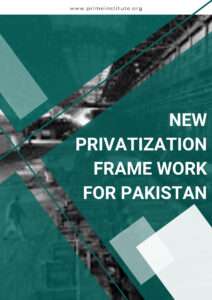
The Policy Research Institute of Market Economy (PRIME), as part of the project titled “Privatisation Acceleration Initiative” conducted the “Workshop of Privatisation and PSE Policies of the Federal Government” on the Thursday 6th of December 2023, at the Best Western Premier in Islamabad.
The workshop had participants/ representation from the Competition Commission of Pakistan, the Petroleum Division (Energy Ministry), the PSEs Zarai Taraqiati Bank Limited (formerly Agricultural Development Bank of Pakistan), regulator National Electric Power Regulatory Authority, think tank Center for Economic Research in Pakistan, and the multilateral lender Asian Development Bank (ADB)…
PRIME PLUS APRIL 24:
A Quarterly Report on Pakistan’s Economy with Special Section on Performance of State Owned Enterprises
Explore our latest report on the financial performance of State-Owned Enterprises (SOEs) in Pakistan. Explore insightful analysis covering sectors like power, infrastructure, and more, shedding light on their impact on public finance. Discover key findings, including the imperative for privatization amidst economic challenges. Click the button below to read the full report and gain valuable insights.
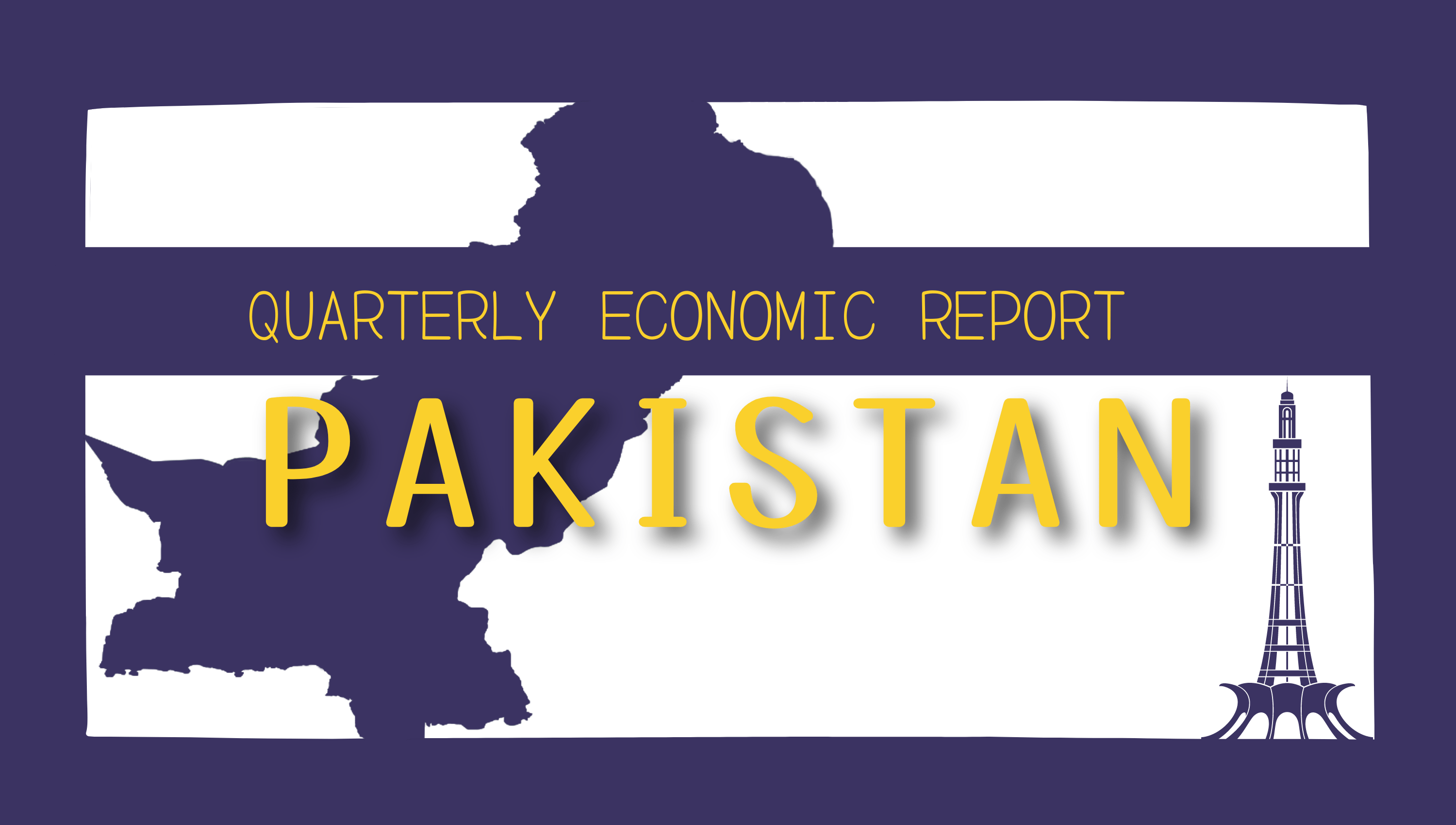
Prime Plus is a quarterly report published by PRIME that provides in-depth analysis of economic policies and macro-economic indicators with our views on the outlook.
50+
Social Media Programs
100+
Events & Seminars
200+
Opinion Articles
100+
Reports
Subscribe to Prime Newsletter
I have long cherished the hope to see an economic thinktank funded by Pakistani money. With Asian and Pakistani experience, Prime carries the promise and relevance to provide quality research work on issues and opportunities besetting and eluding Pakistani economy.

Zahid Hussain
It is rightfully said by elders that in your professional life, if you have the right person to guide you and motivate you, consider it as first step towards success. I started my career formally in research sector from the Policy Research Institute of Market Economy as intern back in 2014. At that time, though PRIME was in its early stages of development but thirst for learning was there. I remember my first interaction with Sir Salman Ali which I will say brings in that spark and motivation to learn and write. Starting from scratch at that time with weak basis of research but I was never stopped from writing something, never stopped from meeting new people and never stopped from thinking in a positive direction and grow as a researcher.
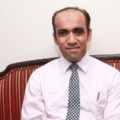
Syed Shujaat Ahmad
Many thinktanks tend to deal with the pie-in-the-sky concepts that are far from the realities of the economy – the small and medium enterprises. From the time of its inception, I have found PRIME willing to take on policy research that is pertinent to actual problems being faced by the business communities.
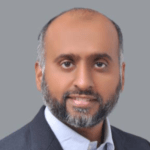
Jawad Aslam
Tax reforms should be a priority for Pakistan’s economic prosperity and PRIME is the only avant garde thinktank in Pakistan. With your generous help, we can advance this agenda.
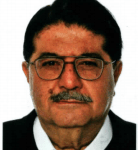
Rizwan Rawji
Speak to us
We have experts available for media comments on a range of economic issues such as taxes, trade policy, industrial policy and regulations. Please give us a call at +923330588885
For Businesses
We can undertake research & advocacy projects in the business and economics domain according to specific requirements as long as they do not conflict with our mission and editorial integrity.


